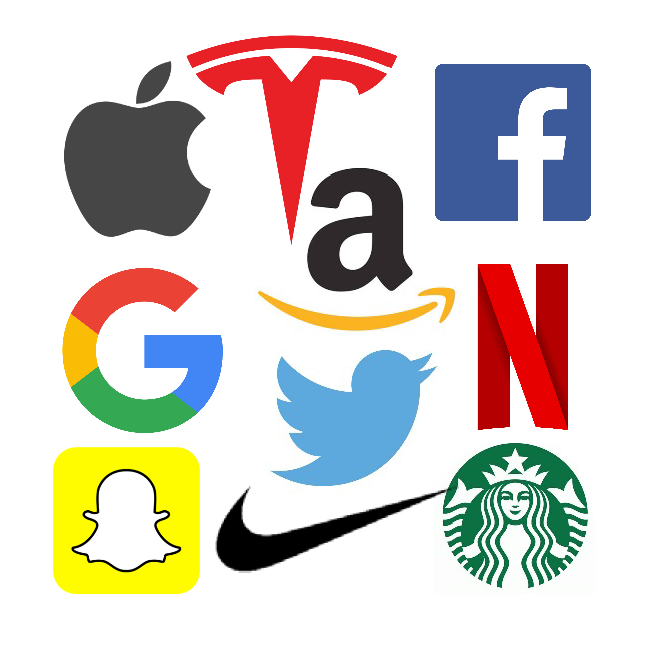One of my earliest memories of the stock market was hearing my Dad proudly talk about buying stock in Price Club. While my Dad is unquestionably a smart man, I suspect the plan to speculate in Price Club stock wasn’t the result of thoughtful research or a deep understanding of the financial performance and capitalization of the company. On the contrary, my Dad bought Price Club stock because we went there every single Saturday (Costco still enjoys taking his money at least once a week). And if our family saw the value, every family would eventually. Right?
Buying companies you know or whose products you use offers a persuasive sense of comfort to help combat the risk-taking involved in buying stocks. The strategy has even been touted by notoriously successful professional investors like Warren Buffett and Peter Lynch. Undoubtedly, many investors – including some of you reading this – have even made handsome profits buying the likes of Apple, Amazon, Google or Tesla in recent years. So is there something to this strategy? And if not, why does it seem to work?
The first hurdle for buying what you know” is the necessary follow-up question: how many other people know that as well?
With the efficiency of accessing the stock market and the wide availability of information and data, the bar is set extremely high for identifying an underpriced stock and trading on an informational advantage. As a result, it’s likely that much of the value you see in a company is also seen by others and is reflected in the price of that company. Buying the company at today’s price, then, is not about the value we know about today, but the assumption that the company will do something even greater than what can be reasonably expected by your fellow investors right now. That’s a fair reason to buy a stock, but it distinctly falls under the category of speculation rather than investing.
Another challenge is that buying what you know often yields concentrations of one form or another. In many cases, you end up giving up the free lunch” of diversification (whereby you can – by owning a multitude of securities instead of one – enjoy a similar long-term return with less ups and downs in your portfolio, as one company zigs while another zags). In other instances, you may concentrate your human capital. That is, you buy companies that you know because they are in the same field that employs you. This adds an unfortunate, and often overlooked, level of risk, as the same macroeconomic forces that could hurt your investment would also likely hurt your bonus, your job prospects, etc.
So why – with these challenges – does buying companies you know and like seem to work out for some people? I would argue that familiarity can bring an important discipline to investing – buying with the fortitude to stay invested through a downturn. Case in point, consider the investment you know the best: your home.
One of the things that struck me during the last financial crisis was how second-nature it was to be rationally-minded about real estate. At the same time people (not our clients!) were questioning whether to sell stocks to prevent further losses,” they would tell you that they would NEVER sell their home because the market was not accurately valuing their investment. On the contrary, many considered BUYING another house as an investment property or putting some money into remodeling!
That sounds a lot like the buy low-sell high discipline that results in a profitable investment experience, but can be so very hard to put into place when our judgement is clouded by either fear or greed. So maybe it’s not that buying what you know is some secret key, but that when you own something and are confident in its value, you tend to be a better caretaker of that investment.
So rather than looking around for the next consumer product company that captivates your wallet, you might be better served to transfer your conviction around that company’s products to your conviction in your financial plan and, more specifically, a well-diversified portfolio of tens of thousands of companies selling products and services all over the world. Then try to leverage that confidence to be a buyer the next time things get really rough, rather than running for the doors.

